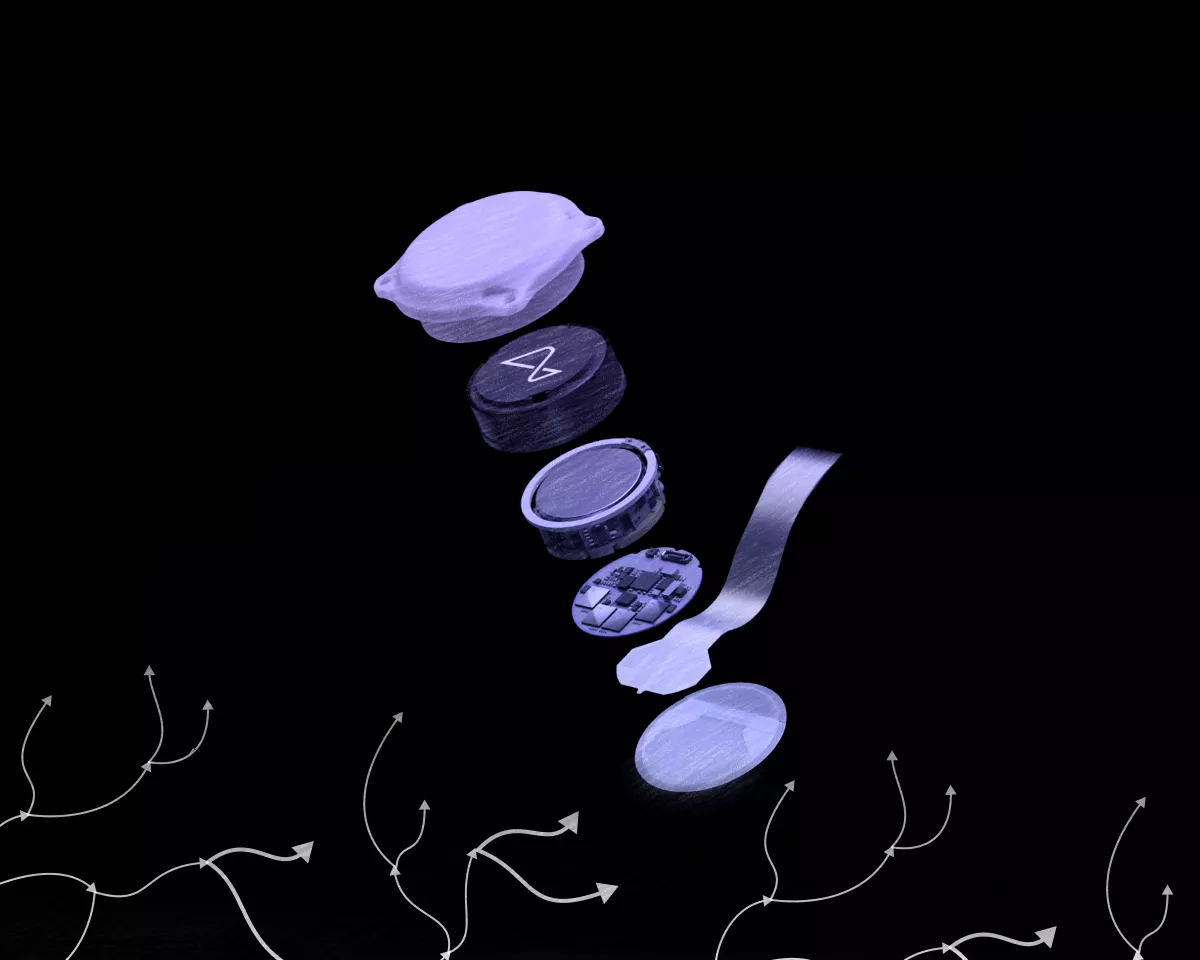Neuralink startup has successfully implanted a neuroimplant into the brain of a second patient. This was announced by Elon Musk during a podcast with Lex Friedman.
https://youtu.be/Kbk9BiPhm7o?si=TVvOowWgm4ZI7rN4The billionaire said that the participant in the experiment had a spinal cord injury similar to that of the first volunteer, Noland Arbo, who was paralyzed after a diving accident.
The brain of the new recipient of the brain-computer interface (BCI) has 400 implant electrodes, Musk added.
"I don't want to jinx it, but it looks like everything went very well with the second chip. There are a lot of signals and electrodes," he commented.
The entrepreneur did not disclose the date of the operation, noting that Neuralink plans to integrate neuroimplants into eight more patients this year as part of clinical trials.
In the first half of July, Musk announced plans for an operation "within the next week or so." It also became known about the company's work on fixing hardware problems faced by Noland Arbo.
About a month after the operation, some of the neural strands of the device broke away from the brain of the first participant of the experiment due to its displacement during pulsation. Startup executives noted that about 15% of the channels in the Arbo implant are functional.
Neuralink will give people superpowers
During the podcast, Musk noted that the BCI of his startup will allow not only paralyzed people to control simple computer interfaces using thoughts, but also give exceptional abilities.
According to the billionaire, Neuralink will give people thermal or eagle vision, will be able to cure some diseases, eliminate neurological disorders and blindness.
The traditional use of computers will seem "painfully slow" after the implant is applied, the entrepreneur noted. In the future, people will be able to team up with AI systems to expand their brains, he added.
Recall that in January, Musk's startup implanted the first human brain chip.
In February, the patient underwent a recovery course and learned how to control a computer mouse without using his hands.
In May, the company began searching for a second volunteer to test the neurochip.
